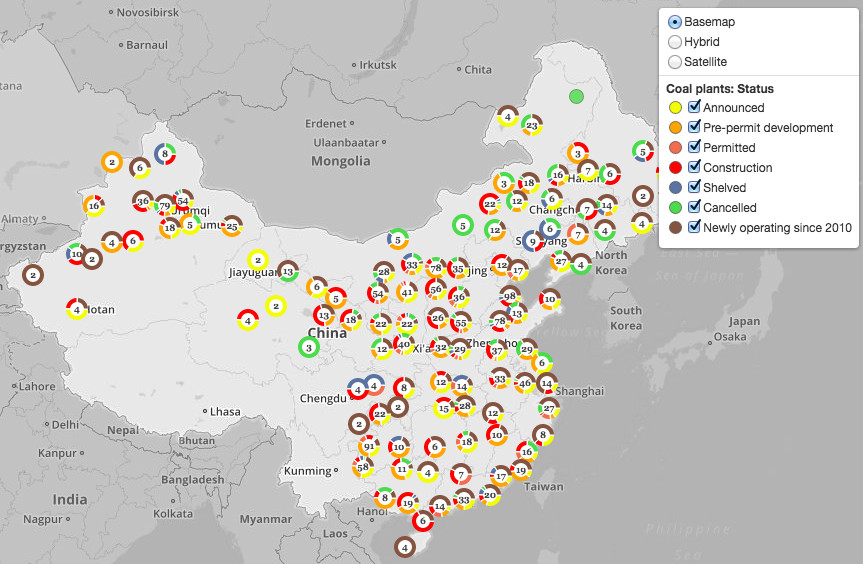Tony Lockhart
Avoiding Stress, at Every Opportunity
Not sure I agree. My Audi A2 was revolutionary at the time (1999-2005) and my model, a late 2004, had an uprated (90PS) version of the modern, 1.4 litre 3-cylinder TDI, I got, over a lifetime average, around 50mpg, which included a lot of commuting in traffic, and high speed motorway work. My wife's Seat Ibiza of 5 years later gives very similar mpg from the venerable 1.9 litre, 105PS 4-cylinder TDI, in a car which weighed perhaps 20% more. Move on 5 years and average mpg figures for diesels are hovering nearer to 60 for smaller cars, and 40-45 for even quite large cars. I'd class that as quite significant improvement.
Well, my Bora TDI (130bhp) that I did 100k miles in during four years of ownership gave far better economy than my Merc. I could easily average over 60mpg (genuine, brim to brim) whereas the Merc struggled to clear 50mpg, averaging 46mpg over its lifetime. And that’s a common theme on many forums. No DPF, lighter cars, skinnier tyres. A VW PD engine in a Mk2 Golf would give astonishing economy!
The latest diesel saloons don’t beat the pre-DPF cars, as far as I can tell.



